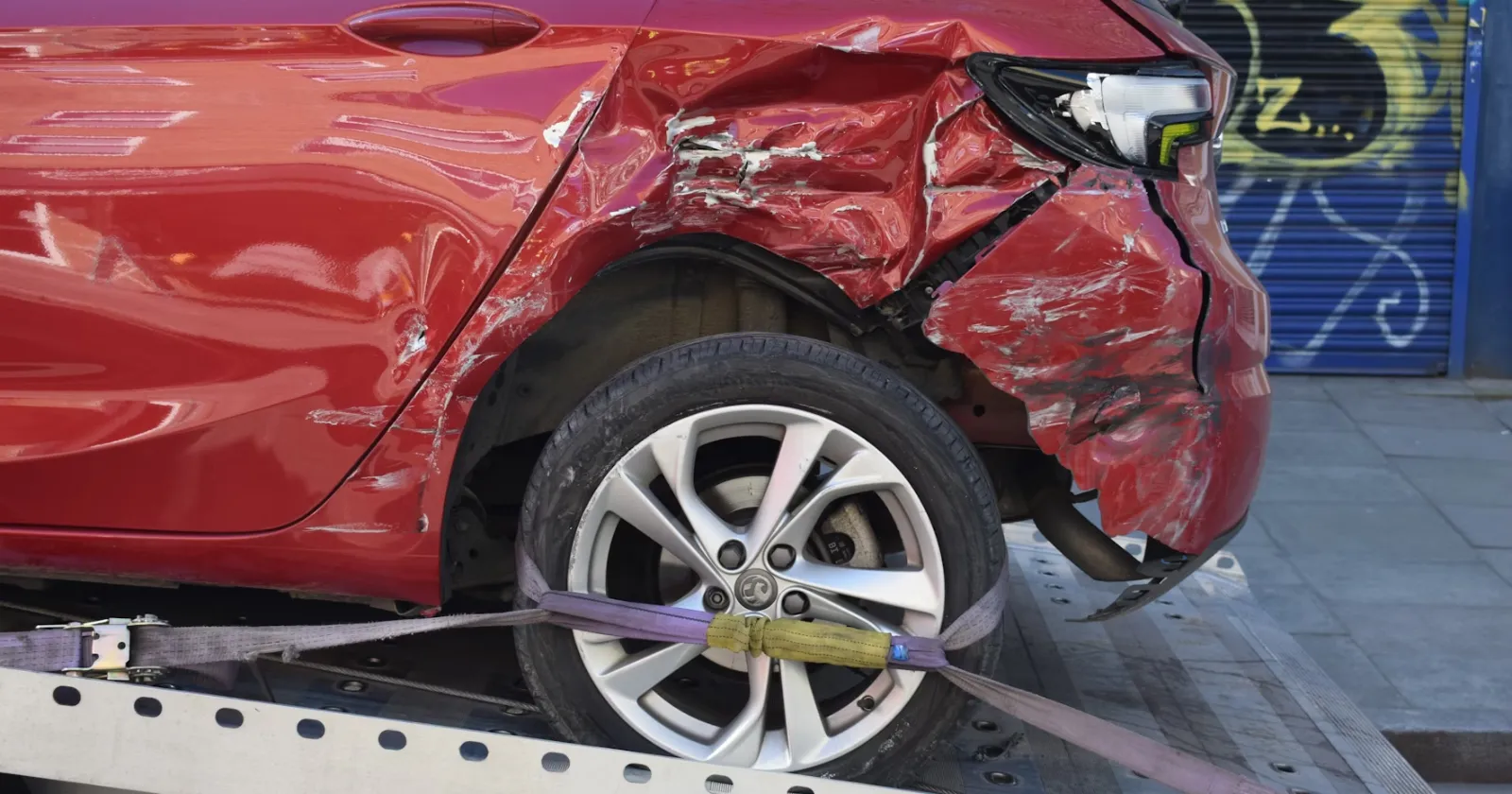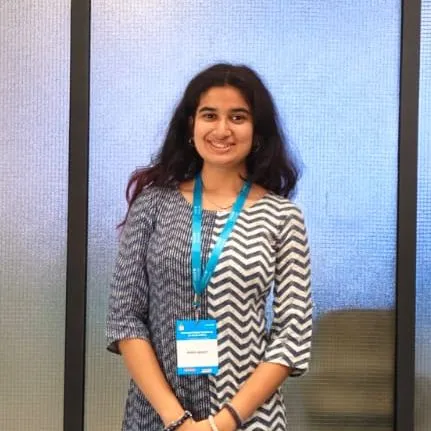
More than 1.8 lakh people are killed in road traffic crashes every year - accounting for 14 per cent of global road deaths, despite India having only 3 per cent of the world’s motor vehicles.

Share Post

More than 1.8 lakh people are killed in road traffic crashes every year - accounting for 14 per cent of global road deaths, despite India having only 3 per cent of the world’s motor vehicles.
This Sunday, the world observes the World Day of Remembrance for Road Traffic Victims. It is a solemn day - not a ritual of the past, but a reckoning with our present. Every year, more than a million people lose their lives in road crashes globally, and tens of millions more are injured. These are not mere statistics; they represent families destroyed, futures disrupted, and dreams shattered.
In India, the situation is even more grim. More than 1.8 lakh people are killed in road traffic crashes every year - accounting for 14 per cent of global road deaths, despite India having only 3 per cent of the world’s motor vehicles.
Shockingly, 66 per cent of these fatalities were among people aged 18 to 34, and over 10,000 students lost their lives near schools and colleges. This staggering mismatch reveals a structural failure far deeper than individual negligence; it is a national crisis unfolding in plain sight.
For young people like me, reflecting on this day is not an abstract exercise. It is a call to confront a crisis that surrounds us daily - an epidemic we have chosen, consciously or unconsciously, to neglect. Remembering is not about nostalgia. It is about mourning millions of lives and asking ourselves why our cities continue to fail their own people.
If we truly wish to honour those we have lost, we must acknowledge the three pillars of this failure: infrastructure, policy, and accountability.
To understand why around 500 people die on India’s roads every single day, we must start at the scene of the crime - the road itself. Over speeding remains the leading cause of these tragic deaths, and that is largely because our cities are built for motor vehicles, not people. The infrastructure we rely on prioritises cars over pedestrians and cyclists, even though they are the most vulnerable and account for a significant share of road crash victims. We continue to widen highways, add lanes, and celebrate speed, creating environments where safety is compromised at every turn. Critical hazards such as blackspots and blind spots are poorly identified or ignored entirely during planning. When roads are designed to favour traffic flow rather than human life, the devastating consequences become both predictable and inevitable.
However, infrastructure alone does not explain the magnitude of the crisis. The deeper issue lies in policy - or the lack of it. Despite the daily loss of life, India allocates only a minuscule portion of its transport budget to road safety. There is no central authority tasked with assessing and enforcing safety standards across the country; instead, decisions often rest with engineers whose primary concern is easing vehicle movement, not protecting people. Meanwhile, public messaging continues to focus disproportionately on individual behaviour. We constantly hear reminders about wearing helmets or fastening seatbelts, but little acknowledgment that most road crashes stem from poor design rather than negligence. This policy apathy breeds a dangerous complacency, allowing a preventable crisis to grow unchecked.
Yet perhaps the most uncomfortable truth is that the absence of change is also a reflection of our collective silence. As citizens, we have not held decision-makers accountable for the bloodshed on our roads. Road safety is barely discussed in schools, even though road crashes are the leading cause of death for young people aged 5 to 18 in India. We continue to treat these tragedies as unfortunate accidents rather than systemic failures. Rarely do we confront the immense economic, social, and emotional loss caused when a child, a parent, a breadwinner, a doctor, or a friend loses their life on the road. Our reluctance to speak out, demand better, and challenge those in power has allowed unsafe roads to become normalised.
So this year, let us not remember in silence. Let us remember for change. Let us remember for hope. Let us remember so that those who died did not die in vain. Every life lost on our roads is a talent unrealised, a dream unfulfilled, a future denied. Accepting the status quo is accepting that any one of us - or someone we love - could be next.
I refuse to accept that. We must refuse to accept that.
It is time for our cities to value life over speed, safety over convenience, and humanity over indifference.
Let us not settle.
(Avira Bhatt is Regional Leader (South Asia), Youth for Road Safety (YOURS) & Youth Advocate UNICEF India, Heritage International Xperiential School (HIXS), Gurugram)
TVS Becomes Third-Largest Two-Wheeler Manufacturer in the World
Acko Drive Team 4 Mar, 2026, 12:41 PM IST
5 Interesting Colour Options On Indian Cars
Acko Drive Team 4 Mar, 2026, 12:30 PM IST
Actor Shahid Kapoor Brings Home Mercedes-Benz G 450d Worth ₹2.9 crore
Acko Drive Team 4 Mar, 2026, 10:20 AM IST
Volvo Brings New UX to 2.5 Million Older Cars With its “Largest OTA Software Update Ever”
Acko Drive Team 4 Mar, 2026, 9:27 AM IST
Renault Teases Bridger Subcompact SUV Concept To Take On Hyundai Venue, Will Be Made In India
Acko Drive Team 4 Mar, 2026, 8:52 AM IST
Looking for a new car?
We promise the best car deals and earliest delivery!
